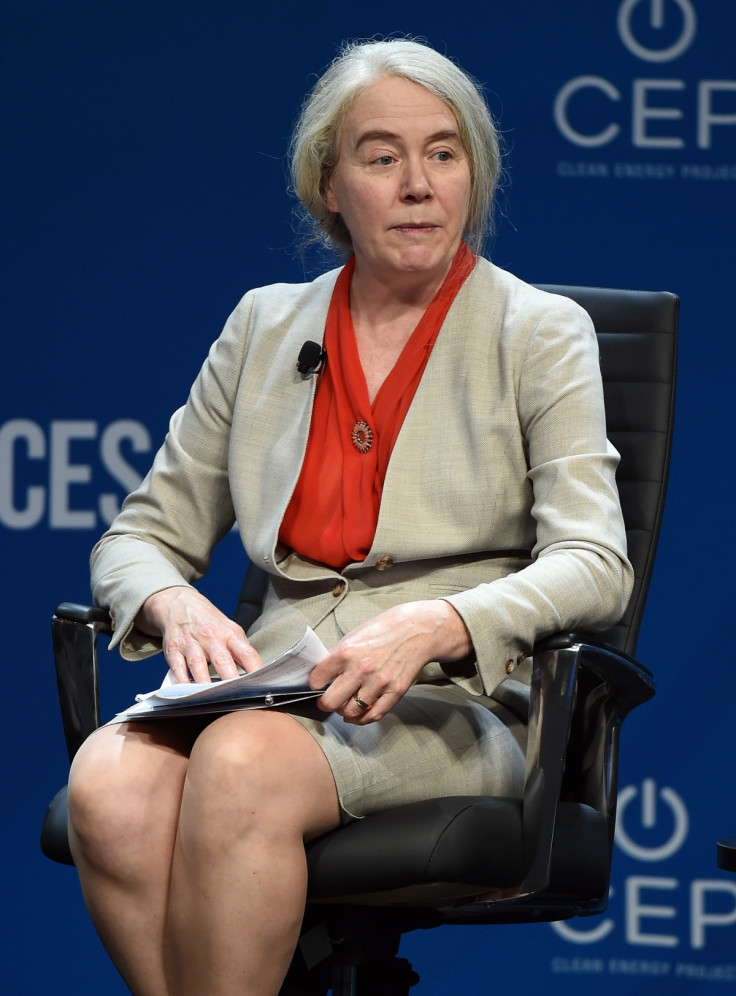US government agency reaches 'holy grail' of battery storage technology

Advanced Research Projects-Energy (ARPA-E), a division of Department of Energy, said it has achieved a breakthrough that will transform the next generation of storage of batteries within seven years. ARPA-E, the US government agency founded in 2009, funds early research into the generation and storage of energy.
The agency takes on projects that are widely considered too risky for investors but have the potential to become a game-changers should they succeed. However, now several of its projects are getting funding, while others have been taken up by the State Department or The Pentagon.
"I think we have reached some holy grails in batteries – just in the sense of demonstrating that we can create a totally new approach to battery technology, make it work, make it commercially viable, and get it out there to let it do its thing," Ellen Williams, ARPA-E director told The Guardian.
But the biggest breakthrough came in the area of energy storage. Williams said: "I think that's one area where we have delivered big time." She also said the battery storage systems developed with ARPA-E support could transform America's electrical grid within next five to 10 years.
She said the projects funded by ARPA-E had the potential to transform utility-scale storage and expand the use of micro-grids by the military and for disaster relief. The companies supported by ARPA-E have developed new designs for batteries and new chemistries that promise to bring down the cost of energy.
"Our battery team have developed new approaches to grid-scale batteries and moved them out," Williams said. Three of the companies are selling batteries, selling grid-scale and back-up batteries, whereas half a dozen other companies are developing new batteries.
ARPA-E also supports researchers who are trying to find faster systems of tracing natural gas leaks, while reducing the risk of a massive leak. Other researchers are using robots and drones for better bio-fuels, focusing on sorghum. Meanwhile, another team is working on industrial cooling systems that do not rely on water. Others are working with the US military on low-energy air conditioning.
Williams expects more projects will focus on personal control of energy use, especially through the internet. "We want power to be easy, so I think one of the things that we will see in the next five to 10 years is a whole set of ideas about the internet of things start[ing] to develop in ways to make it easier, or even make it fun, for people to optimise their energy use," she added.
© Copyright IBTimes 2025. All rights reserved.





















